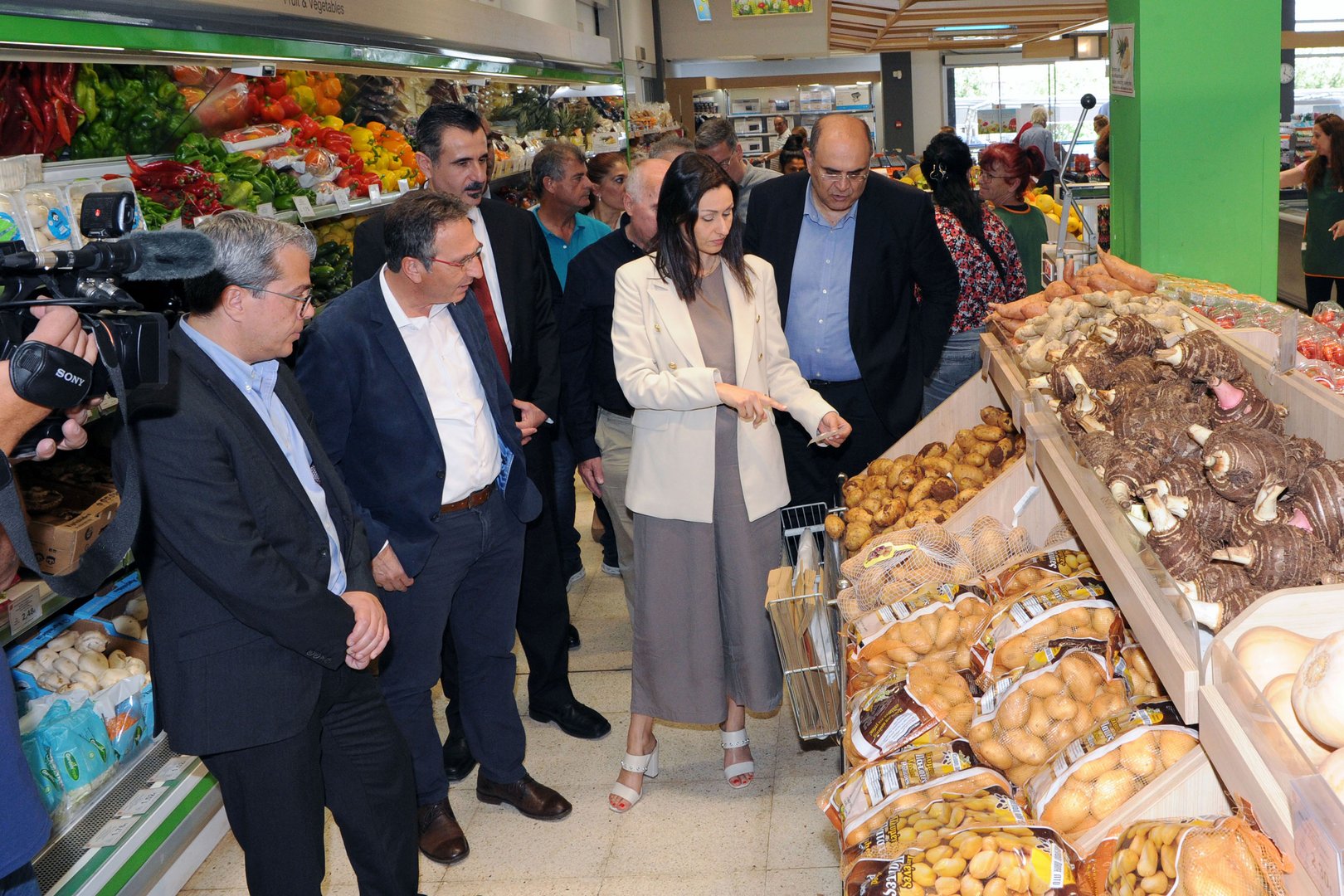Inspections carried out at all stages of the food chain, both at retail and wholesale level, will be intensified in the run up to Easter, the agriculture ministry said on Sunday.
The aim is to ensure that food that reaches consumers’ tables is safe to consume, of appropriate quality and with the correct labelling information, it added.
By prioritising public health, supporting domestic production and transparency in the market, the competent departments – of agriculture and the veterinary services – intensify the frequency and scope of the checks carried out during periods of increased consumption, such as Easter.
The department of agriculture has already started intensive inspections at points of retail and wholesale sale of fresh fruit and vegetables, with an emphasis on compliance with marketing standards. Checks are universal for products imported from third countries, while random checks are also carried out for products arriving from EU countries.
“The aim is to ensure that products meet the requirements of the relevant legislation and in cases of non-compliance, such as incomplete labelling or deviation from quality standards, the products are frozen until the necessary corrective actions are taken,” the ministry said.
If this is not possible, the products are destroyed, while under the law, non-compliance can lead to administrative fines or other sanctions, as well as criminal prosecution.
At the same time, sampling and laboratory analyses are carried out for the detection of pesticide residues that might endanger public health.
Veterinary service inspections are carried out in butchers, slaughterhouses, cheese making and production units for flaouna cheese, halloumi, yoghurt, fresh milk, anari and egg production units.
The aim is to ensure food business managers continue, despite the increased workload of the season, to implement the provisions of the food safety systems.






Click here to change your cookie preferences